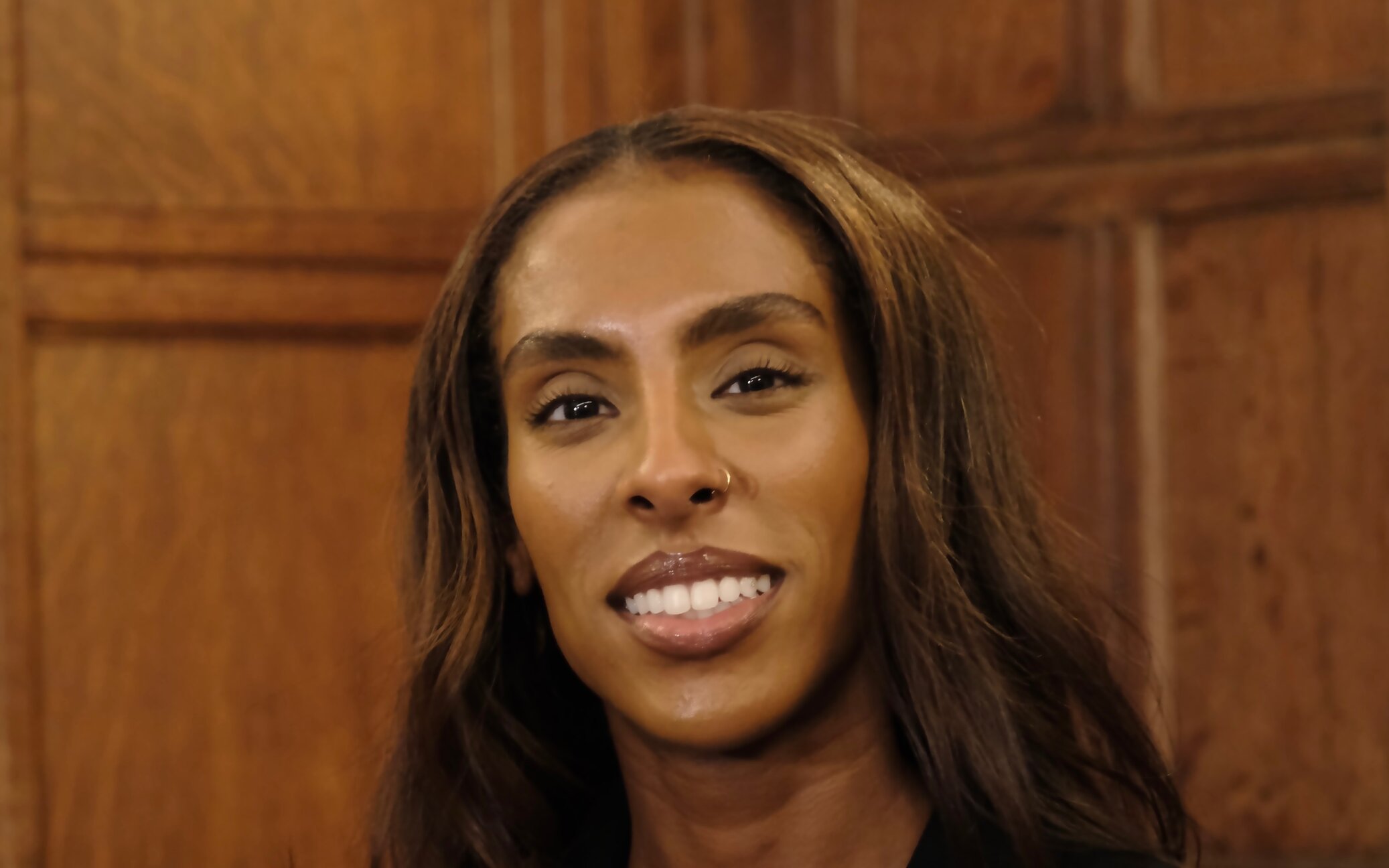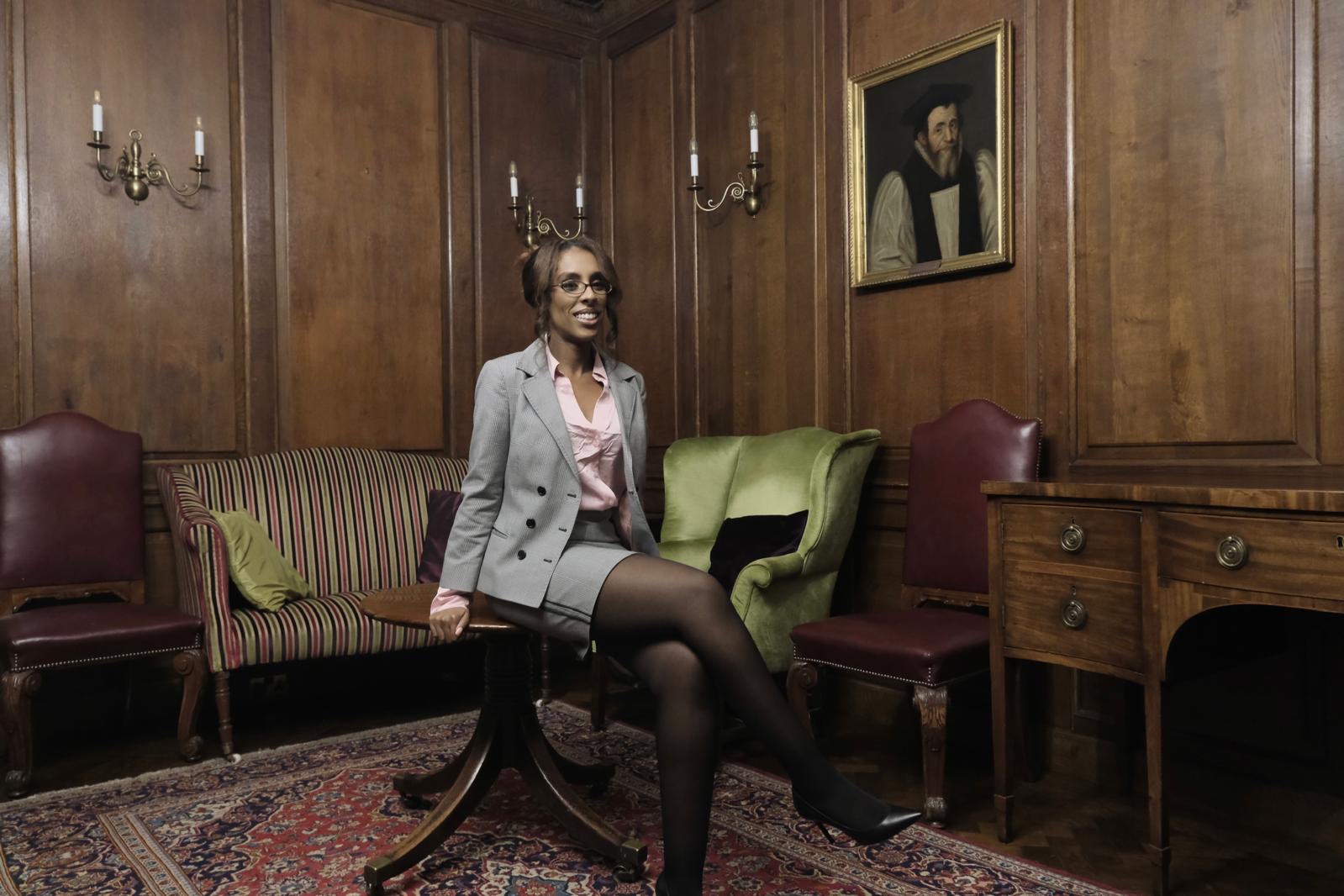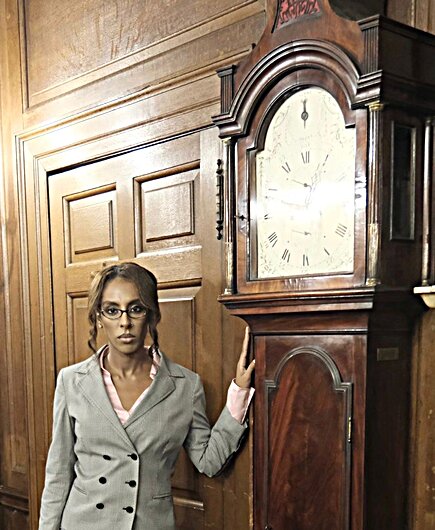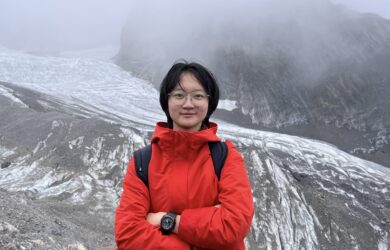
As Black History Month 2025 draws to an end, we talk to Ola Osman who, at 29, has become the youngest Black lecturer in Cambridge’s 800-year history
I am questioning where international relations come from. It mainly grew from the post-World War II world and the particular ethnic and racial politics of the time. It’s really exciting to teach it from a new perspective.
Ola Osman
A Gates Cambridge Scholar has been appointed an Assistant Professor at the University of Cambridge’s Department of Politics and International Studies at the age of 29 – just one year after completing her PhD.
Ola Osman [2019] took up her role as Assistant Professor of African Politics in September, a year after taking her viva, becoming the first Black female Assistant Professor appointed in the department and the youngest Black female lecturer hired by the university. She also has a Fellowship in African Politics at Trinity Hall.
Ola takes an interdisciplinary approach to international relations and politics. Her PhD in Multi-disciplinary Gender Studies was on the continuities between racial slavery, its attendant gendered logics and the Liberian civil war. In particular, she focused on how the repatriation of enslaved people during the ‘Back to Africa’ Movement in the 19th and 20th centuries had an impact on the politicisation of ethnicity.
Her work involves a lot of archival research, including interviews, films, documentaries and diaries from past centuries. “I am trying to tell a different story and doing politics differently, from the ground up,” she says. “I am thinking about minor historical figures and how they have shaped politics.” She describes the research as piecing together a jigsaw because of the lack of official sources.
 In her new role, Ola is teaching a popular master’s course on global black resistance through the African Studies Centre as well as undergraduate courses in comparative African politics and politics in Africa through the Department.
In her new role, Ola is teaching a popular master’s course on global black resistance through the African Studies Centre as well as undergraduate courses in comparative African politics and politics in Africa through the Department.
“I am questioning where international relations come from. It mainly grew from the post-World War II world and the particular ethnic and racial politics of the time. It’s really exciting to teach it from a new perspective,” she says.
Ola, who was born in Omdurman, Sudan, and grew up in the US and Canada after her family had to flee abroad during the country’s second civil war, feels it is important that decolonisation is not limited solely to adding a Black academic to the teaching staff. It must, she says, result in curriculum change.
“Decolonisation is about making space and doing it actively,” she says. “I was trained in Gender Studies to look at things from the bottom up. As a Black woman, I know that the personal is political. People’s lived experiences make politics what it is. I always start with people’s lives and use that to ask political questions instead of thinking about theory in abstract ways.”
Coming home
She says returning to Cambridge feels like coming home. She finds her department very supportive and welcoming and is hoping to use her time at Cambridge to explore new ways of conveying her research. One project she plans to undertake is an article about the number of refugees dying in the Mediterranean – the most surveilled sea in the world – and what that says about which lives matter. She is also planning a novel about conspiracy theories in the Black community, which often turn out not to be conspiracy theories.
 Ola says: “Fiction helps to fill in the gaps. For me to have impact in the way I want to have impact I need to tell stories in a different way because not that many people read peer-reviewed journals.”
Ola says: “Fiction helps to fill in the gaps. For me to have impact in the way I want to have impact I need to tell stories in a different way because not that many people read peer-reviewed journals.”
She is also keen to do something more creative, given she went to a performing arts high school and the fact that she comes from a line of poets. Due to her desire to get a good job, she chose to do her undergraduate studies in Chemistry before switching mid-way to Gender Studies at the height of the Black Lives Matter movement when she was running the Black students’ association at Western University in Ontario. “I realised I wanted to write about my people and to understand history and why Black people die so much,” she says.
Ola is very aware that there are few Black professors, particularly women professors, at UK universities. According to the latest figures from WHEN, a social enterprise dedicated to equity of opportunity for women in higher education, there are 165 Black professors in the UK out of 23,515, of which only 61 are Black women.
Ola hopes her perspective as an Assistant Professor will open doors to others and says she has already heard from a student who has found her appointment inspiring. “Toni Morrison said that the function of freedom is to free someone else. I feel that making space for other Black folks like me is so important,” says Ola.












